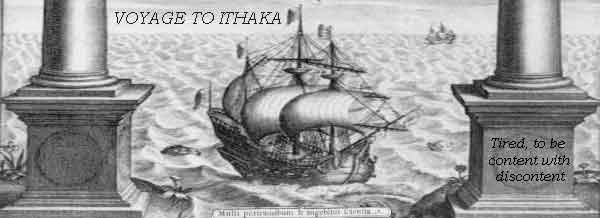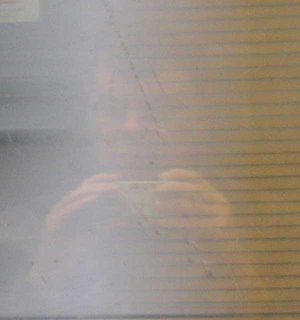A childhood favourite
At Flores in the Azores Sir Richard Grenville lay,
And a pinnace, lke a flutter'd bird, came flying from far away:
'Spanish ships of war at sea! we have sighted fifty-three!'
Then sware Lord thomas Howard: ''Fore God I am no coward;
But I cannot meet them here, for my ships are out of gear,
And the half my men are sich. I must fly, but follow quick.
We are six ships of the line, can we fight with fifty-three?'
Then spake Sir Richard Grenville,: 'I know you are no coward;
You fly them for a moment to fight with them again.
But I've ninety men and more that are lying sick ashore.
I should count myself the coward if I left them, my Lord Howard
To these Inquisition dogs and the devildoms of Spain.'
and so on, for many more verses: The Revenge: A Ballad of the Fleet by Tennyson.
This was the first poem that I really liked, at secondary school - I must have been 12 or 13. I wrote an essay about it, one of the few essays I wrote with enthusiasm, with something to say. And my English teacher took it apart. I remember I had described the rhyming as "superb": he ridiculed me in class, saying "superb" is a word one might read in a football report in a newspaper, not a word for using in a serious essay. (He had correctly identified my usual reading matter.)
Iain MacLeod, you were an unconventional teacher. You made us think. I hated your English classes, and you didn't think much of me: you can have no idea how much you influenced me.
Much later, in the sixth form, I wrote an essay about Lucky Jim. It was the first time I felt I really understood the book I was writing about: I wrote what I thought was a brilliant dissection of the humour of the novel. As I wrote I remember thinking how at last I understood what my English class was about: instead of writing meaningless things about books I didn't understand, I'd finally got the point and written something worthwhile and significant.
It got the lowest mark of any of my essays.
And a pinnace, lke a flutter'd bird, came flying from far away:
'Spanish ships of war at sea! we have sighted fifty-three!'
Then sware Lord thomas Howard: ''Fore God I am no coward;
But I cannot meet them here, for my ships are out of gear,
And the half my men are sich. I must fly, but follow quick.
We are six ships of the line, can we fight with fifty-three?'
Then spake Sir Richard Grenville,: 'I know you are no coward;
You fly them for a moment to fight with them again.
But I've ninety men and more that are lying sick ashore.
I should count myself the coward if I left them, my Lord Howard
To these Inquisition dogs and the devildoms of Spain.'
and so on, for many more verses: The Revenge: A Ballad of the Fleet by Tennyson.
This was the first poem that I really liked, at secondary school - I must have been 12 or 13. I wrote an essay about it, one of the few essays I wrote with enthusiasm, with something to say. And my English teacher took it apart. I remember I had described the rhyming as "superb": he ridiculed me in class, saying "superb" is a word one might read in a football report in a newspaper, not a word for using in a serious essay. (He had correctly identified my usual reading matter.)
Iain MacLeod, you were an unconventional teacher. You made us think. I hated your English classes, and you didn't think much of me: you can have no idea how much you influenced me.
Much later, in the sixth form, I wrote an essay about Lucky Jim. It was the first time I felt I really understood the book I was writing about: I wrote what I thought was a brilliant dissection of the humour of the novel. As I wrote I remember thinking how at last I understood what my English class was about: instead of writing meaningless things about books I didn't understand, I'd finally got the point and written something worthwhile and significant.
It got the lowest mark of any of my essays.



0 Comments:
Post a Comment
<< Home